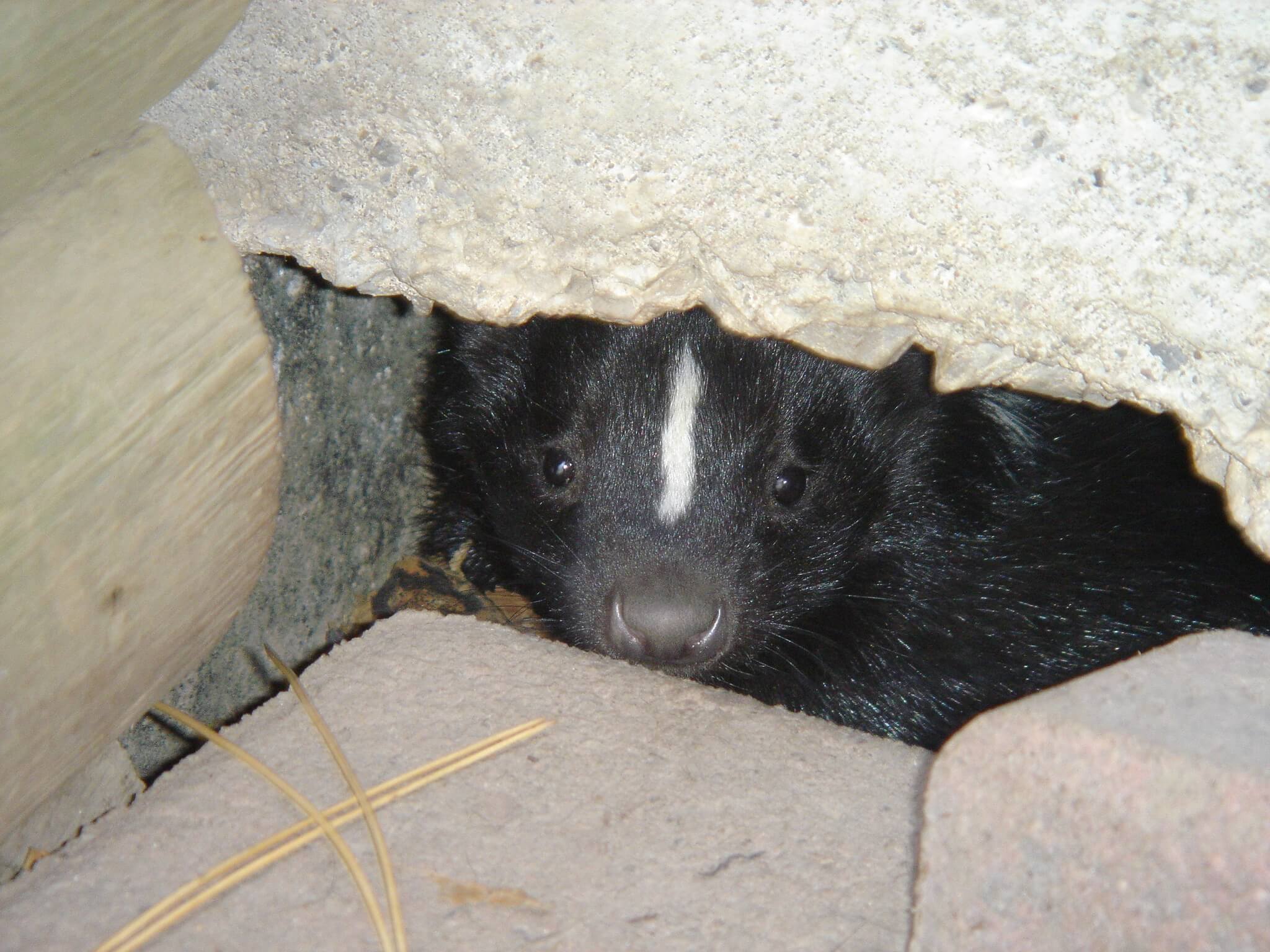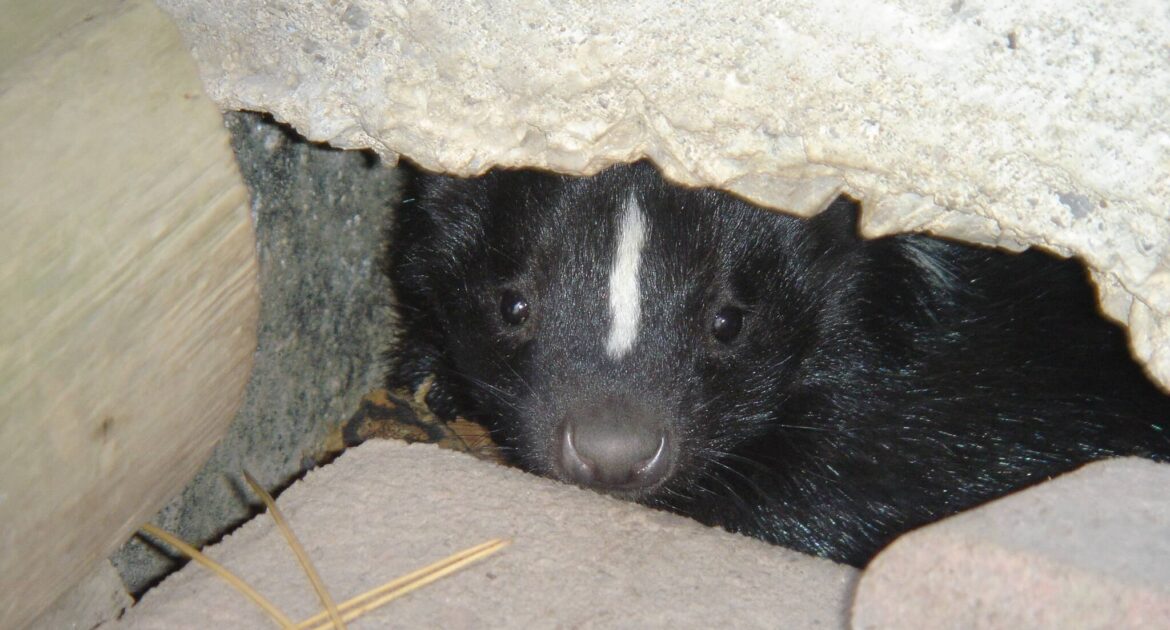Skunks are pretty to look at with their unique colouring. Seeing a skunk is relatively rare, as it is a nocturnal animal and quite bashful around larger animals or humans. While you might not see one nesting on your property, you will definitely see evidence of the little critters. Skunks tend to dig, upturning flower beds and vegetable gardens.
Additionally, it is hard to have a skunk on your property without eventually smelling it when it sprays a perceived threat – hopefully not you. The best thing to do when you suspect a skunk living on your property is to call wildlife removal Coquitlam, but if you want to be sure of your problem or prevent one to begin with, consider the following five tips.
1. Pay Attention To the Timing
Skunks tend to have their litters between April and September, meaning that they will actively seek shelter in the weeks leading up to or during those months. You might see a skunk during these times of the year because they are frantically trying to locate a suitable nesting site.
2. Seal Potential Entry Points
It is best if you can walk your property and seal all potential entry points before the mating season; that way, you can ensure you do not accidentally trap an animal under a deck, shed, or house. You want to walk around decks and outbuildings, looking to see if there are any apparent openings. Use a heavy gauge wire mesh to block any gaps. If possible, seal openings by backfilling rocks and dirt. However, if an opening appears to have been dug out, it is best to contact a wildlife expert because you might already have a skunk family living comfortably under your deck.
3. Eliminate Food Sources
Like other nocturnal neighbourhood animals, Skunks are foragers, meaning they search for food just about anywhere. They might find your vegetable garden appetizing or perhaps some scraps left near the garbage. The best way to avoid skunks nesting on your property is to eliminate potential food sources, like garbage, pet food, gardens, etc. Now, you don’t have to stop gardening; instead, try installing garden fences or barricades to prevent access.
4. Make Your Property Unappealing
Skunks are notoriously shy, and as nocturnal animals, they prefer dark locations. If you want to discourage nesting, you can try installing bright backyard lighting. Skunks also don’t like to get wet, so adding some water features for ambiance could work as well. Finally, skunks prefer quiet areas, so playing backyard music could also discourage nesting. Unfortunately, none of these suggestions are surefire repellents. In fact, if a skunk already established a nest on your property, it can be challenging to get them to abandon it.
5. Contact a Humane Wildlife Professional
When dealing with wildlife, it is always advisable to call a professional. They have the expertise and experience to handle your problem. However, make sure that the specialist you contact is a humane professional, ensuring the wildlife’s safety and care on your property. Remember, wild animals, even skunks, are not purposefully harming your property; they are only trying to survive. Unfortunately, sometimes their survival interferes with your house and relaxation.
Skunks can be destructive, especially when trying to find a nesting site, and because they have off-putting defences, they are not an animal you want calling your property home. If you believe you have a skunk problem or are worried that a situation could arise, contact Skedaddle Humane Wildlife Control for a property assessment and prevention plan. A wildlife technician will arrive on location to inspect your home and property to identify any potential wildlife problems.




